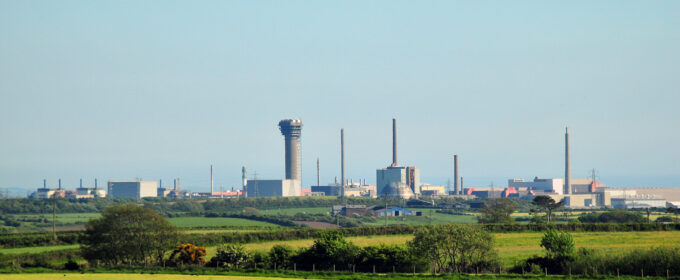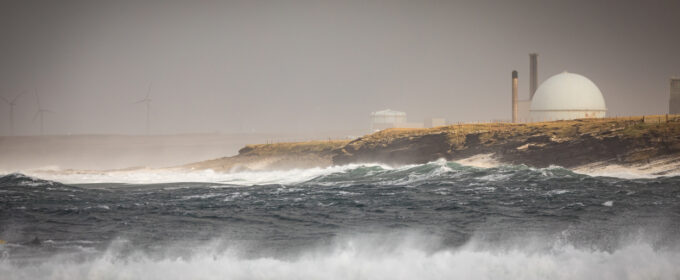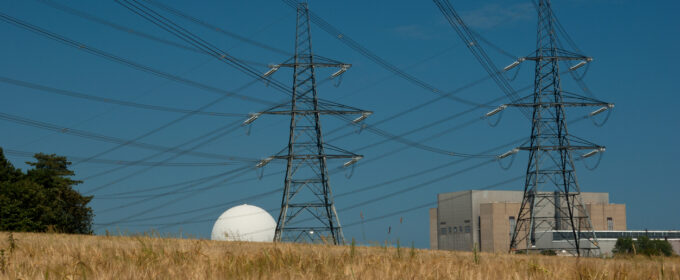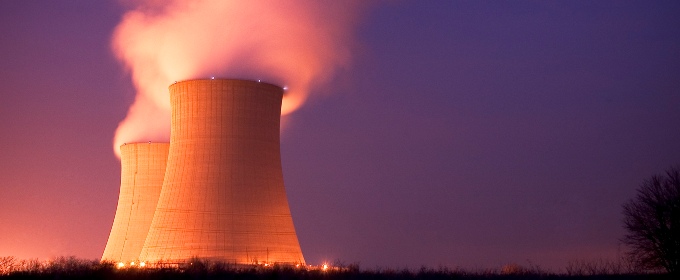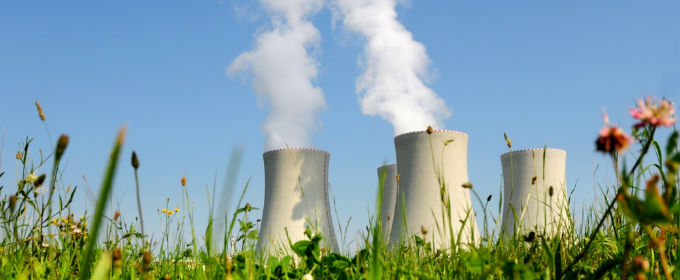The announcement of Great British Nuclear (GBN) is a long awaited positive step. GBN clearly now faces a monumental workload and a range of challenges as it sets the ground for new nuclear build in the UK. In this article, Professor Adrian Bull emphasises the need to engage with development companies rather than just ‘starting […]
